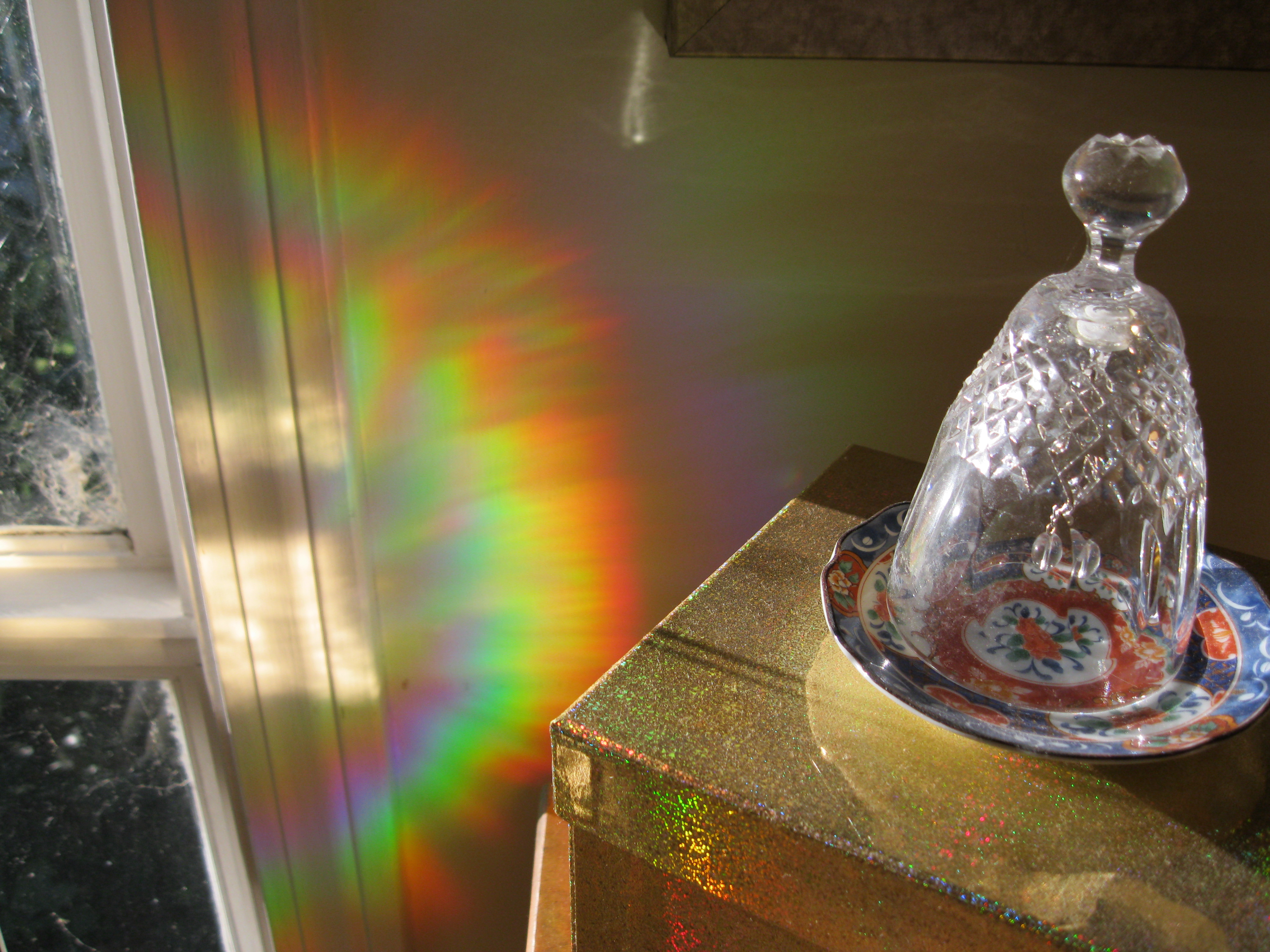The Buddha’s Last Instruction by Mary Oliver

During a bittersweet week of graduations, watching a whole flock of students move on, my heart full with their moving, I keep coming back to this poem. Now, only this morning, does it occur to me that the poem describes a kind of graduation speech–a person, in this case Siddhartha Gautama, trying to condense what he learned into a few words.
The poem begins this way:
“Make of yourself a light,”
said the Buddha,
before he died.
5 words. Make of yourself a light.
The speaker of Mary Oliver’s poem connects this instruction to the rising of the sun itself.
I think of this every morning
as the east begins
to tear off its many clouds
of darkness, to send up the first
signal—a white fan
streaked with pink and violet,
even green.
I find myself, this morning, the sun already risen, connecting the Buddha’s instructions to tangible light outside my windows, light glowing in the green leaves, and, beyond these trees, I feel the instructions connected to what I see in my mind–a gaggle of students in graduation robes–the light I have seen shine from and among them these last three years that I’ve been with them. The confidence I feel that they will carry this light forward. The sense I have–something a little more than hope–that this extension and expansion of light does not diminish me–their leaving–but somehow extends and expands all of us. A sense I used to have years back when patients graduated from seeing me. A sense I’ve felt at different moments as my own children grow up and away.
He might have said anything, Mary Oliver writes.
What he said were those 5 words: Make of yourself a light.
The speaker of the poem watches and feels the sun blaze over the hills and it’s as if she feels the words themselves in that light
I feel myself turning
into something of inexplicable value.
As if following this instruction could matter? As if following it could make a difference?
He could have said anything.
he raised his head.
He looked into the faces of that frightened crowd.
The poem ends on that last line, the pause before the last instructions. And I love that Oliver considers that the crowd was frightened. Transitions always seem to hold that kernel of fear–change is occurring. Nothing’s going to be exactly the way it was before. In this case, a person they loved and looked toward was leaving. What would he tell them? What could he tell them? They must have held their breaths, waiting.
And then, after he finally spoke, the words must have echoed inside their heads–and hearts–for the rest of their lives. Oliver, I suspect, intends the words to echo for us as well, at least for a time. She’s constructed her poem, it seems, with that intent. She doesn’t repeat the instructions at the end of the poem. It’s the dropped beat that we inevitably must fill.
He looked into the faces of that frightened crowd.
A pause. And then he spoke.
_______________________________________
See also:
A piece on November Angels by Jane Hirshfield
